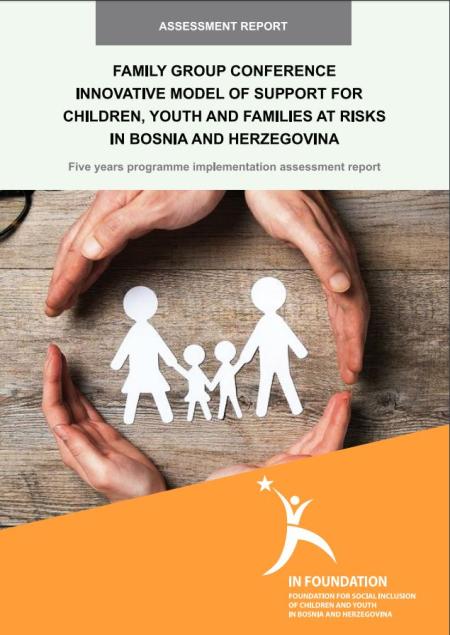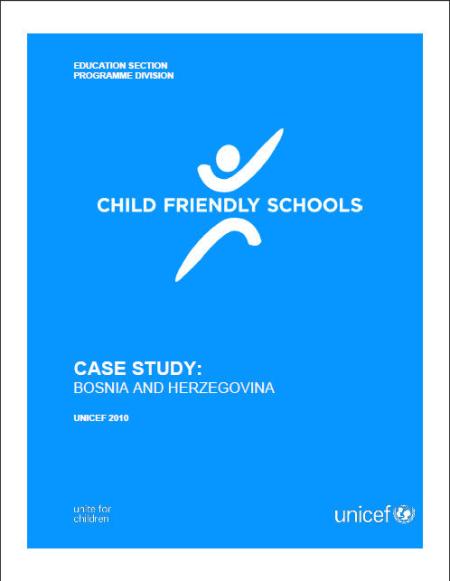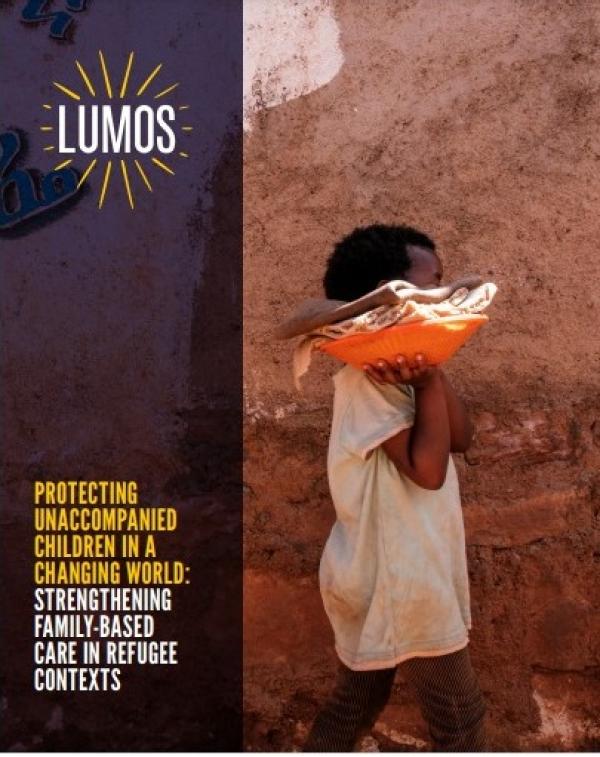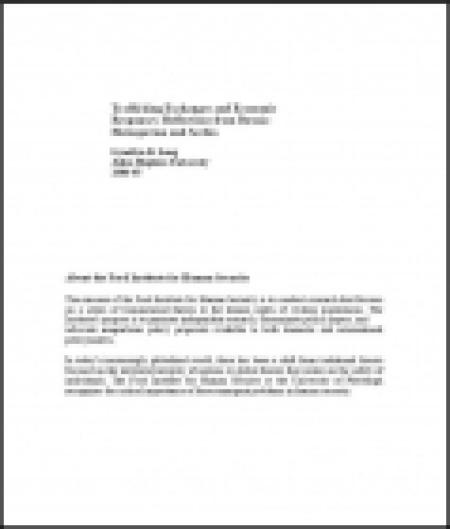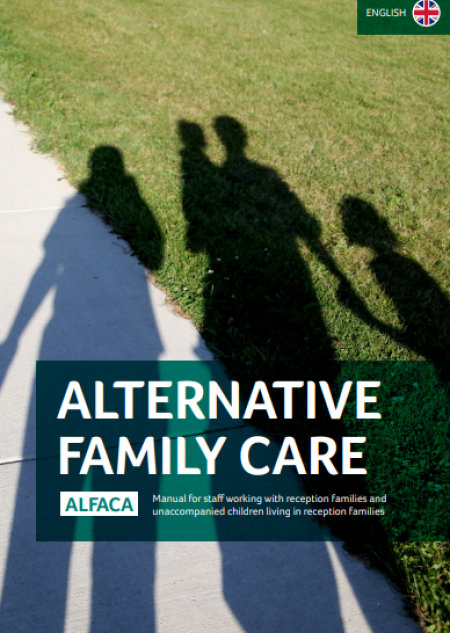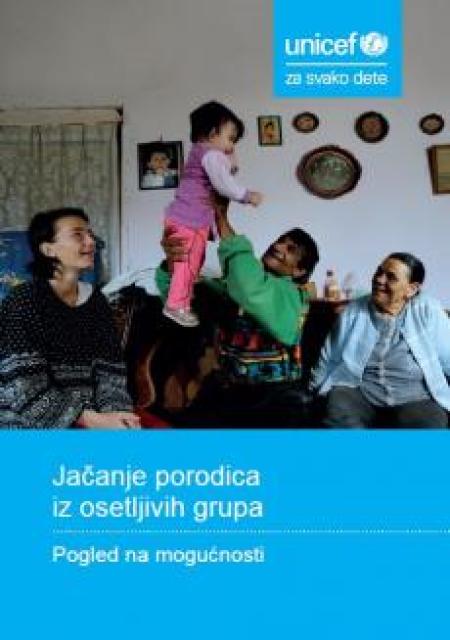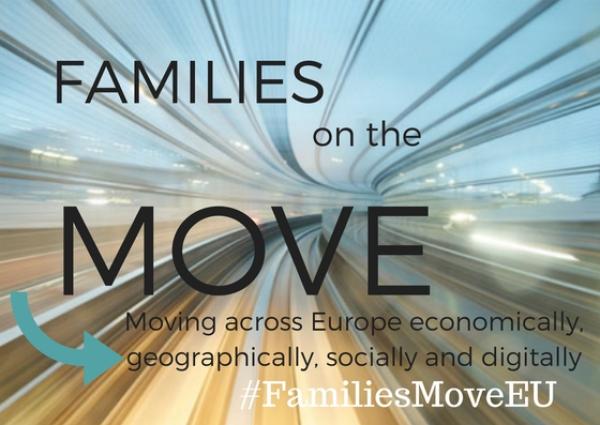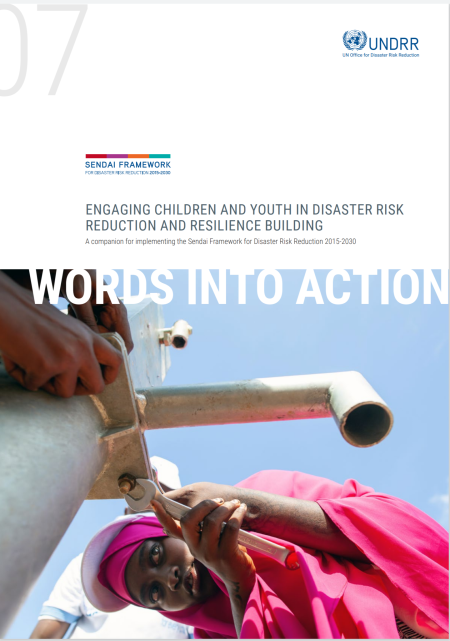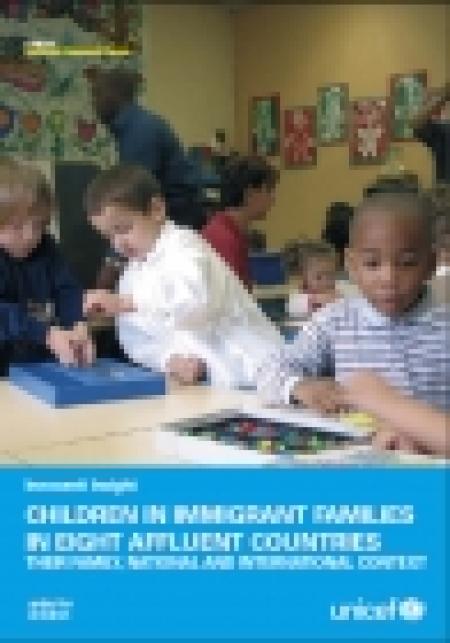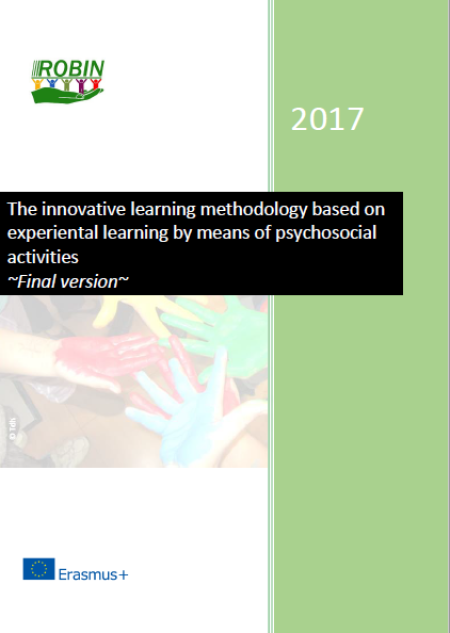
The current report is an assessment of the piloting of the method of family conferencing in Bosnia-Herzegovina, first in Sarajevo and Banja Luka, later in Mostar, Zenica, Bijeljina, Tuzla Bihac and Gradinska. "In Foundation" and Foundation "Kinderpostzegels" have been instrumental in introducing the model that works in the Netherlands.
A family group conference model uses the family as a power source for problem solving, decision-making, but does not exclude the family in it. Members of the wider affiliation and a family social network also have an important role and are an important resource in supporting individuals and families at risk. The forms of support are various and range from the conference attendance when the problem is being solved, through to the solution’s planning contributions, to taking specific responsibility for a certain part of the solution selected. Due to the atmosphere of openness, and because the majority of the participants know each other, as well as the willingness of an independent coordinator and information provider to answer any question from participants, this interesting model has found its way to the social and child welfare users in BiH.
Evaluating the success of the family plan implementation, the collected data indicate that the plan is successfully applied to all types of problems faced by children, youth and families at risk. However, weaker realization was found regarding the family plan with families involving violence against children, while the most successful implementation is regarding the support of single parents. However, this information can also depend on a small number of initiated cases of violence against children in relation to other types of problems that are often resolved through family group conferences. The adopted family plan, as estimated by the user, was successfully implemented in a large percentage of cases, while there are a very small number of plans in which there are significant discrepancies recorded. The reason is most often linked to the inability of an affiliated network member to comply with the implementation of the commitments or the need to postpone the implementation of the same, due to certain difficulties (trip, relocation, illness, surgery, etc.).


